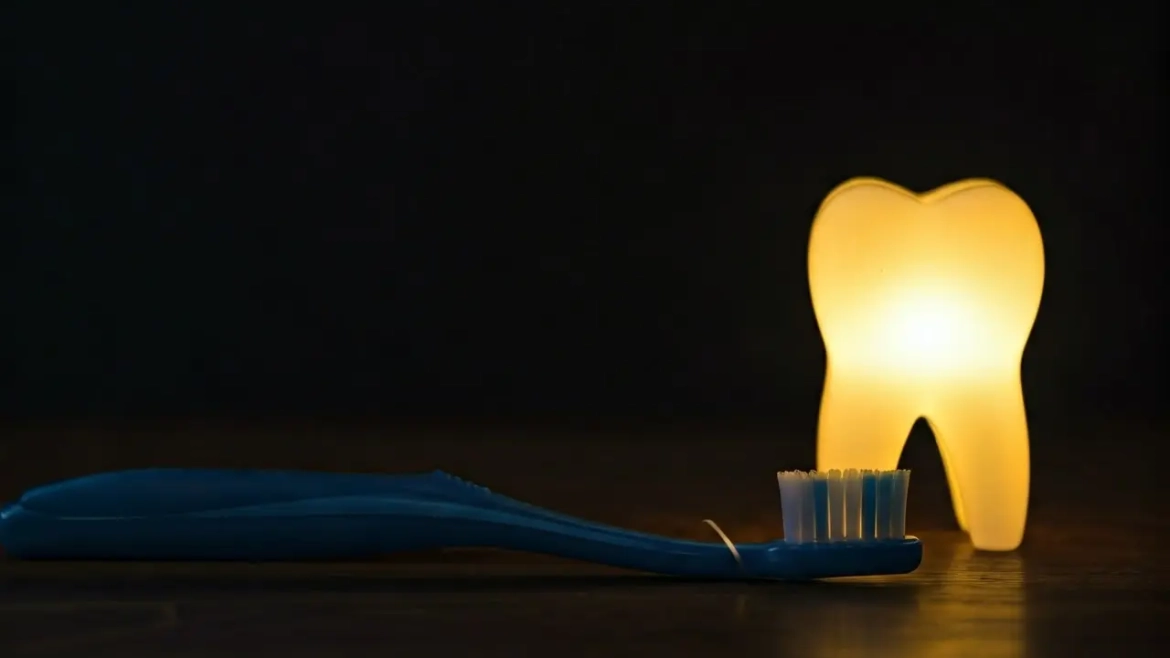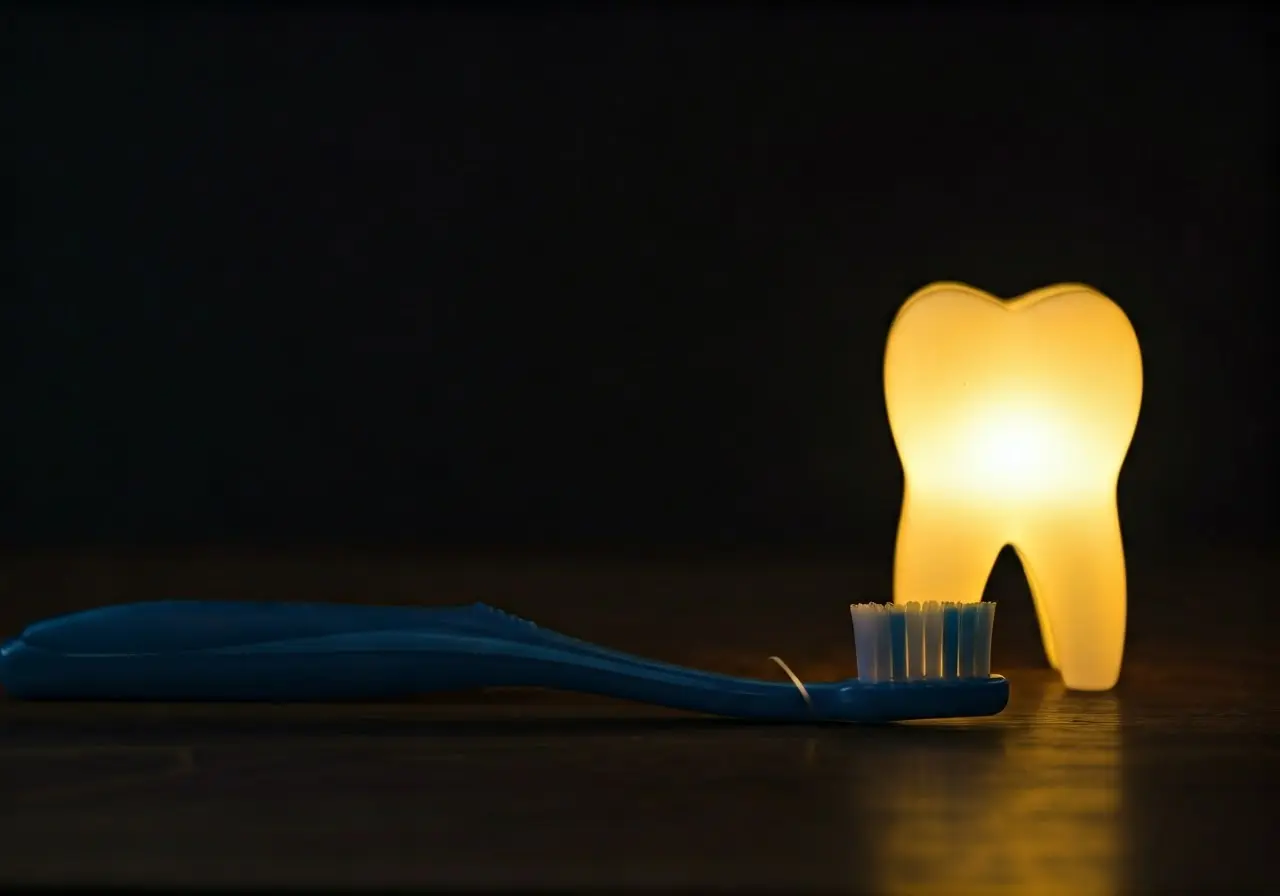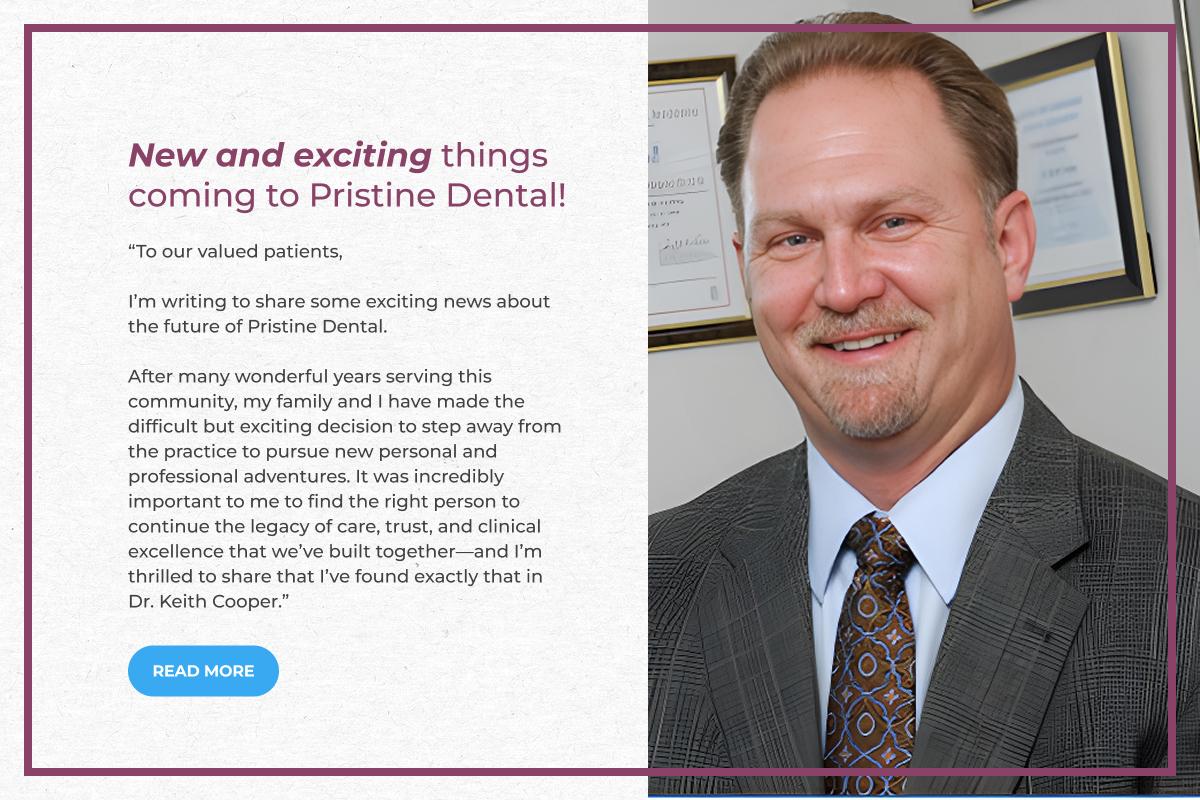Emergency dental visits can be stressful and painful, often arising when least expected. However, many of these visits are preventable with the right care and habits. In this article, we will explore simple strategies to maintain oral health and avoid the need for emergency dental appointments.
Understanding Common Dental Emergencies
Dental emergencies range from severe toothaches to knocked-out teeth. Understanding the common causes of these emergencies can help you take preventive measures. Accidents happen when we least expect them, and dental emergencies are no exception. However, knowing their causes is essential in protecting your smile. For instance, untreated cavities can spiral into painful abscesses needing immediate attention The Ultimate Guide. Meanwhile, advanced gum disease can make teeth loose, turning everyday functions into a nightmare.
Sometimes, traumatic injuries like falls or sports accidents can bring about sudden dental problems. Broken teeth or dislodged restorations from using teeth as tools also demand urgent care. While these circumstances aren’t always avoidable, understanding them allows you to mitigate risks better and avoid emergency scenarios.
Fractured teeth from chewing hard objects, infections owing to neglected oral hygiene, and other factors are notable causes of dental emergencies. Familiarizing yourself with these can guide your preventive measures and lessen the likelihood of an unexpected, painful visit to your dentist. Remember, prevention is empowered by awareness.
The Importance of Regular Dental Checkups
Frequent visits to your dentist play a crucial role in maintaining your oral health. Regular checkups help detect potential issues early before they escalate into emergencies. During routine exams, your dentist can identify signs of tooth decay, gum disease, and other dental issues that may not be visible or painful yet, but if left untreated, could necessitate emergency care. As discussed in Kevin D. Fong’s guide, investing time in these regular visits acts as a safeguard against surprise dental maladies.
Additionally, routine cleanings remove plaque buildup, prevent cavities from forming, and ensure healthier gums. By addressing minor issues during periodic checkups, you avert them from developing into larger, painful problems. Trust in your dentist’s experienced eyes and recommendations; they’re allies in retaining your perfect, pain-free smile.
Building an Effective Oral Hygiene Routine
An effective oral hygiene routine is vital for preventing dental emergencies. Brush, floss, and rinse regularly to keep your teeth and gums healthy. Over time, these simple routines act as your first line of defense against many common dental problems. Brushing at least twice daily ensures that food particles and bacteria do not accumulate, while flossing once a day helps to remove plaque in hard-to-reach areas.
But daily brushing and flossing aren’t the only practices for a comprehensive oral care routine. Using an antibacterial mouthwash can further eliminate germs and offer additional protection. Consistency in these practices can significantly enhance your oral health and stave off potential emergencies.
Healthy Eating Habits for Strong Teeth
Your diet significantly impacts your dental health. Incorporating calcium-rich foods and avoiding sugary snacks can help strengthen your teeth. Foods like dairy products, leafy greens, and almonds provide essential nutrients necessary for maintaining solid teeth and robust gums. Limiting sugar intake is also crucial as it feeds bacteria in your mouth, increasing the risk of cavities.
Try swapping sugary beverages with water or milk and opting for whole fruits instead of desserts. Balanced meals that include protein and fiber also contribute to your overall oral health. With mindful eating, you can build and maintain teeth capable of enduring potential stressors — minimizing the need for emergency interventions.
The Role of Protective Gear in Preventing Injuries
If you’re active in sports, wearing mouthguards or other protective gear can prevent dental injuries, reducing the possibility of emergency dental visits. A mouthguard, fitted by your dentist, provides a barrier for the sensitive surfaces of your teeth, reducing trauma from impacts. This simple investment can protect against chipped, broken, or even knocked-out teeth during high-contact activities.
Recognizing Early Signs of Dental Problems
Being attentive to signs like sensitivity, discomfort, or bleeding gums can prompt timely visits to the dentist, preventing bigger problems later on. Pay attention to these early warning signs — they are often the body’s way of signaling that something is amiss. For instance, leaving gums to bleed without attending to them might lead to severe gum disease or tooth loss. Early intervention is often simple and can stop more severe issues from developing.
With a proactive attitude, recognizing minor discomfort as something needing attention, you can substantially reduce their progression into emergencies. Remember that noticing and acting on these early signs puts you in a better position to maintain oral health and stave off unnecessary pain.
A Healthy Smile is a Happy Smile
By adopting a regular oral care routine, recognizing potential dental issues early, and making wise lifestyle choices, you can significantly reduce the chances of needing emergency dental treatment. Taking proactive steps toward your dental health not only saves you from discomfort but also ensures a bright, healthy smile for years to come.



